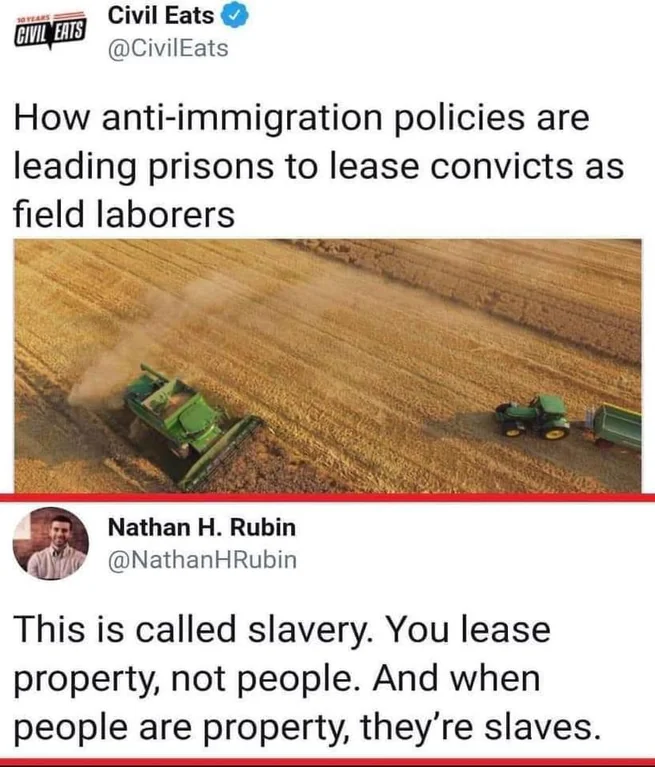Abolition of police and prisons
Abolish is to flourish! Against the prison industrial complex and for transformative justice.
See Critical Resistance's definitions below:
The Prison Industrial Complex
The prison industrial complex (PIC) is a term we use to describe the overlapping interests of government and industry that use surveillance, policing, and imprisonment as solutions to economic, social and political problems.
Through its reach and impact, the PIC helps and maintains the authority of people who get their power through racial, economic and other privileges. There are many ways this power is collected and maintained through the PIC, including creating mass media images that keep alive stereotypes of people of color, poor people, queer people, immigrants, youth, and other oppressed communities as criminal, delinquent, or deviant. This power is also maintained by earning huge profits for private companies that deal with prisons and police forces; helping earn political gains for "tough on crime" politicians; increasing the influence of prison guard and police unions; and eliminating social and political dissent by oppressed communities that make demands for self-determination and reorganization of power in the US.
Abolition
PIC abolition is a political vision with the goal of eliminating imprisonment, policing, and surveillance and creating lasting alternatives to punishment and imprisonment.
From where we are now, sometimes we can't really imagine what abolition is going to look like. Abolition isn't just about getting rid of buildings full of cages. It's also about undoing the society we live in because the PIC both feeds on and maintains oppression and inequalities through punishment, violence, and controls millions of people. Because the PIC is not an isolated system, abolition is a broad strategy. An abolitionist vision means that we must build models today that can represent how we want to live in the future. It means developing practical strategies for taking small steps that move us toward making our dreams real and that lead us all to believe that things really could be different. It means living this vision in our daily lives.
Abolition is both a practical organizing tool and a long-term goal.
view the rest of the comments

Accidentally deleted but basically USA democracy oldest so most fucked cause new tech never made it to release branch
😂 Holy shit, your education system is sooooo fucked
Wait, is there another? The US is often cited as the oldest democracy. It's not the first of course, but that's a different thing
One of the oldest still active democracy: https://en.m.wikipedia.org/wiki/Water_board_(Netherlands)
If you go back in history there are a lot more you can choose from.
Technically the 6 Nations, which the US copied a lot of their democracy, is older by several thousand years, but people like to pretend they are all dead.
Those are pretty neat! I'm guessing the commenter who made the original statement was referring to countries so doubt this would invalidate their statement.
The country I see people saying that's older is England, but with the monarch messes things up depending on definitions (the US constitution even mentions the king quite a few times so was England considered a democracy yet?).
It's probably one of those things where the definition is loose enough that many different countries/organizations can claim to be the oldest and be right under whatever criteria they've decided
I don't think back in 1776 England was very democratic
You convinced me!
Magna fuckin Carta, dozy
The Magna fuckin Carta was just the Barons taking power away from the King.
It's not even at the level of 3000 year old Ancient Helenic Democracy which itself was flawed as fuck (only free men got a say, no slaves or women).
I was referring to the "constitution", it's their version
It's probably a bit arbitrary, but best I can find England's democracy is younger. Likely due to the king still having certain powers preventing England from being considered a democracy until a good bit after the founding of the US
Well, oldest existing one to be precise but those before were so vastly different that we can safely ignore them and think in the context of existing political systems